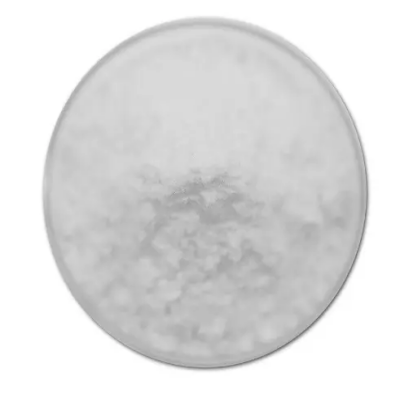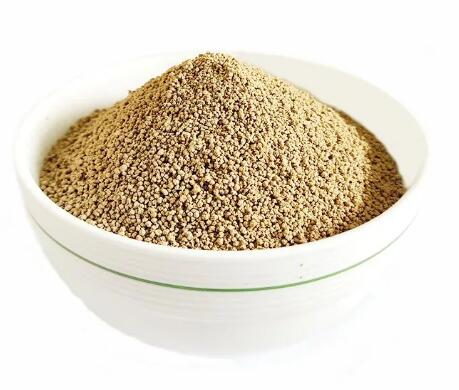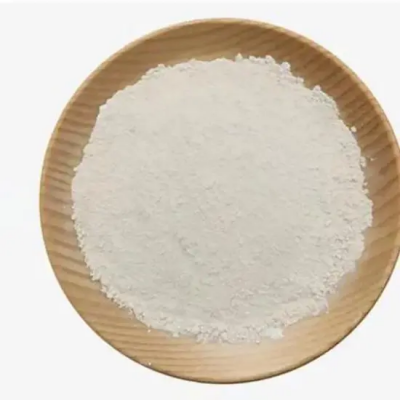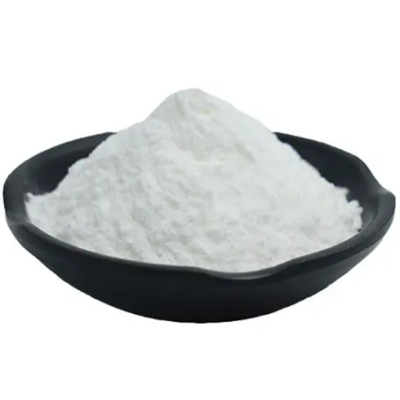Baccatin (III) CAS:27548-93-2
Baccatin (III) serves as a crucial intermediate in the production of paclitaxel and docetaxel, both of which belong to the taxane family of drugs. These medications are widely used in the treatment of breast, ovarian, lung, and other types of cancer. Baccatin (III) is extracted from yew tree bark and is converted into paclitaxel through a series of chemical reactions. Paclitaxel and docetaxel exhibit potent anti-cancer properties by interfering with microtubule structures in cancer cells, leading to cell cycle arrest and apoptosis. The importance of baccatin (III) lies in its contribution to the synthesis of these vital medications, which have significantly improved the treatment outcomes for numerous cancer patients worldwide. Its use enables the large-scale production of paclitaxel and docetaxel, providing patients with access to effective chemotherapy options. Additionally, ongoing research aims to explore the potential of baccatin (III) derivatives in the development of new anti-cancer drugs with improved therapeutic profiles and reduced side effects. In this way, baccatin (III) plays a pivotal role in advancing cancer treatment and pharmaceutical innovation.



| Composition | C31H38O11 |
| Assay | 99% |
| Appearance | white powder |
| CAS No. | 27548-93-2 |
| Packing | Small and bulk |
| Shelf Life | 2 years |
| Storage | Store in cool and dry area |
| Certification | ISO. |






![1H-Pyrazolo[3,4-d]pyrimidine-4,6-diol CAS:2465-59-0](https://cdn.globalso.com/xindaobiotech/VMLV8UWXAZ0XBLS6M120.png)


